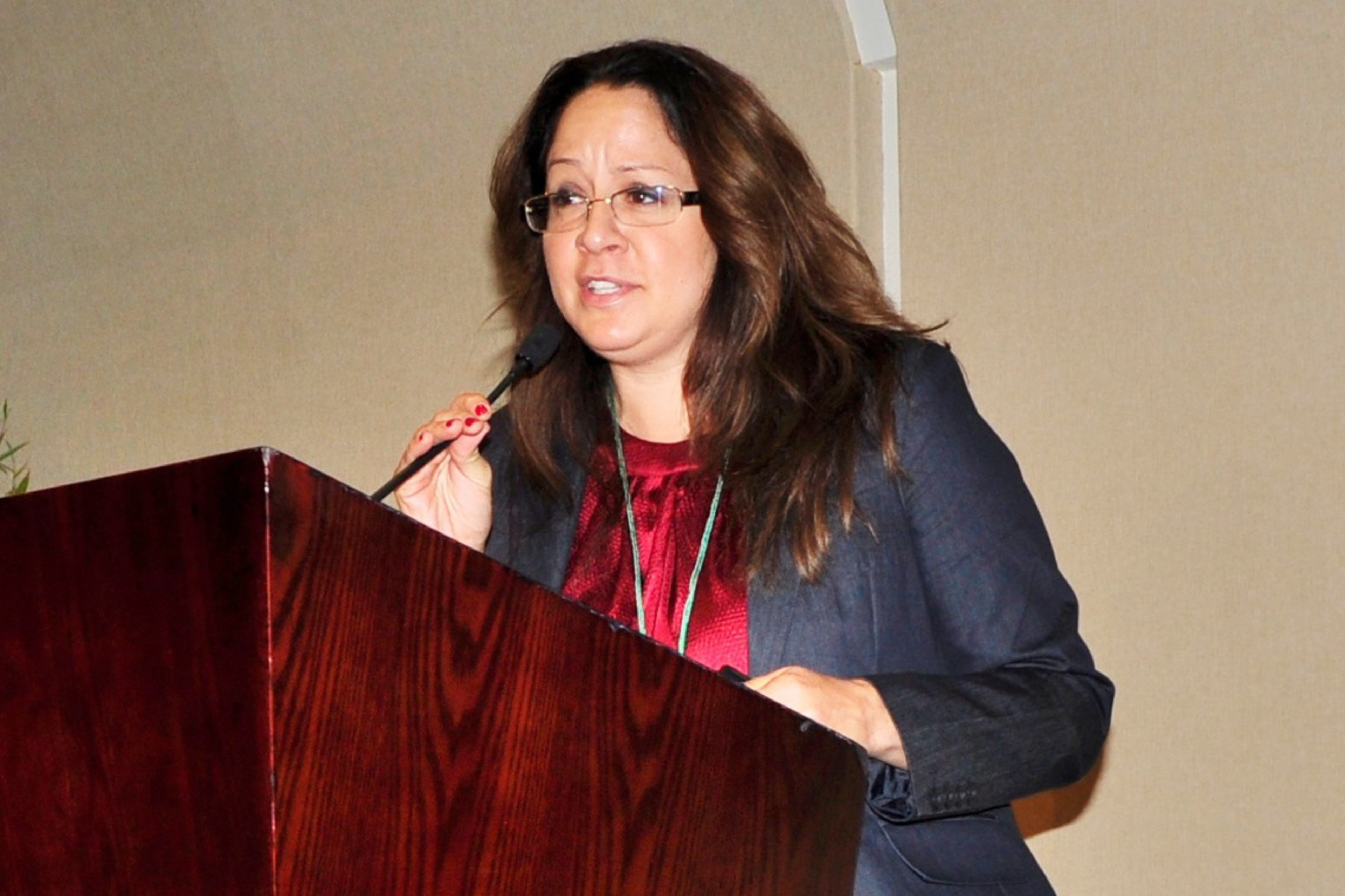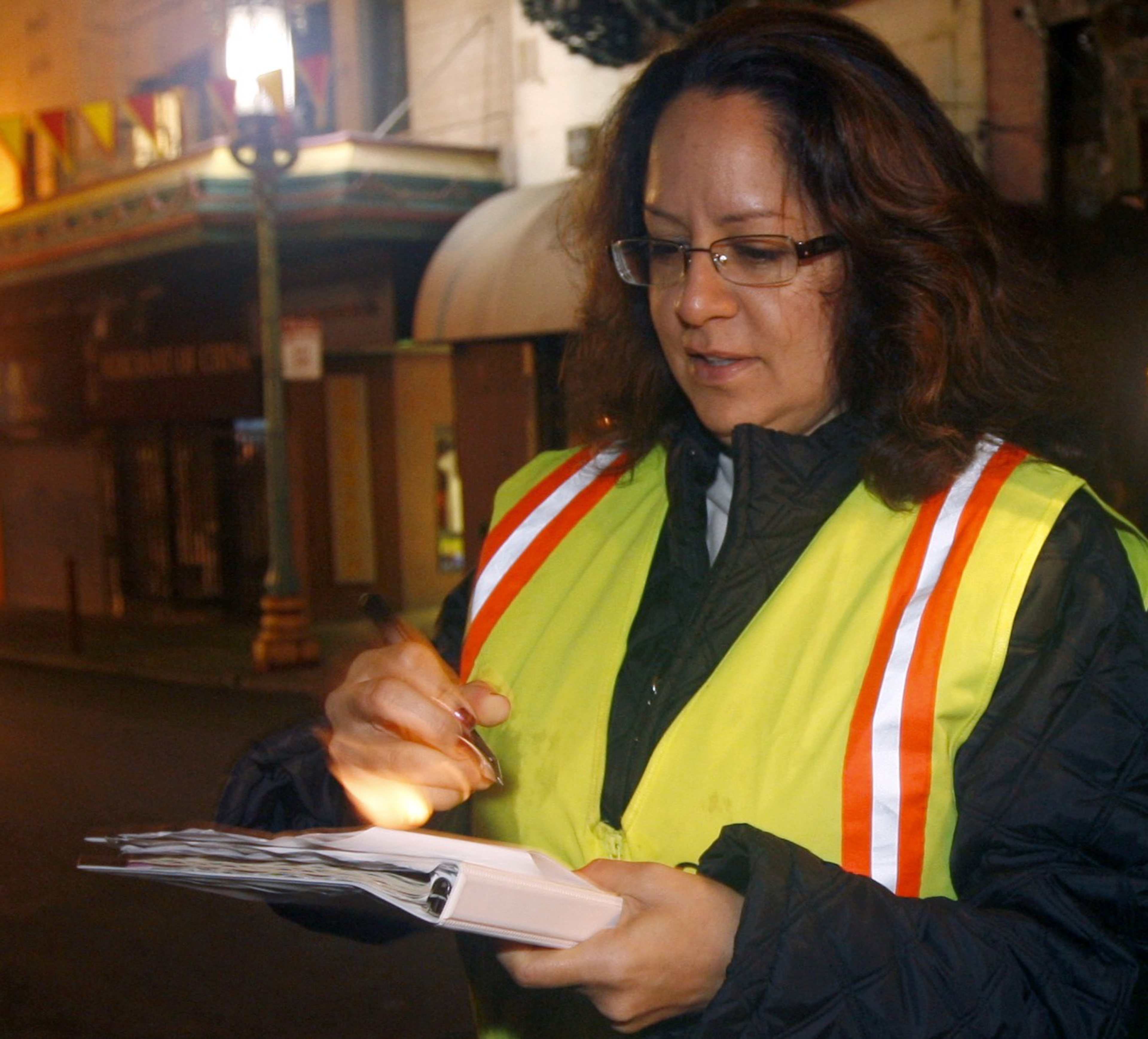A month before flying business class to South America on a vacation with her boss and boyfriend Mohammed Nuru, the then-director of San Francisco’s Department of Public Works, Sandra Zuniga was worried.
For years, Zuniga had kept their romantic relationship a secret as she rose up the ranks at City Hall, even going as far as to lie to city investigators about it.
Now, Zuniga and Nuru were about to travel to Santiago, Chile, where they would stay at the Ritz-Carlton Hotel.
The two-week vacation in October 2018 would also include a helicopter ride over a waterfall in Brazil, paid for by a contractor doing business with the city. Zuniga wasn’t sure what to tell her colleagues.
“Nobody will know where you’ve gone,” Nuru told her in a surreptitiously recorded phone call. “At least, they won’t know you’re gone with me.”
But their clandestine relationship exploded into public view in early 2020, when the FBI arrested Nuru in connection with a series of corrupt schemes, including a money laundering conspiracy that implicated Zuniga.
Now new details about her relationship with Nuru are emerging as Zuniga prepares for her sentencing by a federal judge on Thursday.

Zuniga—a Public Works employee who also served as the director of the Mayor’s Office of Neighborhood Services—was fired soon after the allegations came to light. She pleaded guilty in March 2021 to one count of conspiracy to commit money laundering, admitting that she helped Nuru launder more than $26,000 in bribes from people seeking business from Public Works.
She used some of the money to pay for bills and work on Nuru’s vacation ranch in Colusa County, which city contractors helped him build.
Working for the City Again
Recently, Zuniga appealed a lifetime ban on her working for the city. While she lost the appeal last month, a previously undisclosed report on her relationship with Nuru emerged through the process.
The report, by the City Attorney’s Office, found that Nuru made numerous employment decisions benefiting Zuniga while he was dating her, which spanned more than a decade leading up to his arrest.
Those decisions included helping grant her a $9,000 raise in 2010 and promoting her to leadership positions at Public Works in 2011 and 2013.
The report concluded that Zuniga allowed Nuru to “advance her career while she was involved in a romantic relationship with him.”
Zuniga was first hired as a community liaison for Public Works in 2008, when Nuru was a deputy director for the department and her direct supervisor.

She now admits in her appeal that she met Nuru through work and dated him from November 2008 until May 2020.
But when confronted by city investigators in 2013 in response to an anonymous whistleblower complaint alleging she slept at Nuru’s house, she falsely denied dating him, according to the report.
That denial led the city to dismiss complaints about their relationship later on.
Nuru also helped Zuniga get a job leading a group of “Fix-It” teams charged with keeping the streets clean under Mayor Ed Lee in 2016, the report found.
The following year, she loaned Nuru $25,000 weeks before he gave her a positive performance review as Fix-It director. That review led to Zuniga receiving a $2,500 salary bump, according to the report.
City attorney investigators called Zuniga accepting the raise “profoundly unethical.”
“At worst, it appears that Zuniga bribed Nuru in exchange for a favorable evaluation,” the report said. “At best, Zuniga displayed terrible judgment and failed in her obligation to avoid appearances of a conflict in city decision-making.”
The report served as a basis for Public Works deciding to fire Zuniga and institute her ban in 2020.
But Zuniga’s attorney, Galia Amram, disputed that Nuru played a large role in her career achievements in an October letter appealing her work restriction.
Amram said Zuniga was an extremely hard worker who had a “long and stellar career” in city government.
“Ms. Zuniga admits that she should have disclosed the relationship earlier,” Amram wrote. “But to attribute everything that she achieved—particularly as a talented, committed, hardworking woman of color—to her male superior is inaccurate and unwarranted.”
Zuniga has since “ceased all contact” with Nuru and now works for the Oakland Housing Authority, as well as a second job at a nonprofit helping people who were previously incarcerated, Amram said.
Nuru is currently serving time in prison and is not due to be released until August 2028.
Judge To Decide Her Fate
On Thursday, Senior U.S. District Judge William Orrick will decide on Zuniga’s sentence.
But rather than subject her to prison, the U.S. Attorney’s Office is asking the judge to give her three months of home confinement, three years of probation and 200 hours of community service.
That is because Zuniga was a key witness in the cases against Nuru and his accomplices, according to the prosecutor on the case, David Ward.
“While multiple individuals cooperated against Nuru, Zuniga was particularly close to him,” Ward wrote in a filing last week.
Zuniga told the FBI about the $40,000 tractor that Nuru got from a city contractor, Alan Varela, to work on his vacation ranch, Ward said. She also told them about a $36,000 Rolex watch that another contractor, Florence Kong, gave her then-boyfriend.
Zuniga would have also been a witness in the trial of John Porter, a former Recology executive who approved payments from the waste firm that Nuru used to throw holiday parties. Had Porter not pleaded guilty shortly before trial, she would have testified that the parties helped Nuru “demonstrate his power and influence” at City Hall, Ward said.
Zuniga is one of two defendants charged in the sweeping corruption scandal surrounding Nuru who will be sentenced Thursday. The other is Paul Giusti, another former executive for Recology, who admitted to plying Nuru with more than $1 million in bribes from the garbage company.

The U.S. Attorney’s Office is asking Orrick to give Giusti six months of home confinement, three years of probation and a $30,000 fine. An attorney for Giusti agreed with the recommended probation and fine, but wants him to serve 300 hours of community service instead of home confinement.
Amram, Zuniga’s attorney, has not publicly filed paperwork recommending a sentence that she thinks would be appropriate for her client and declined to comment when reached by The Standard on Tuesday.
